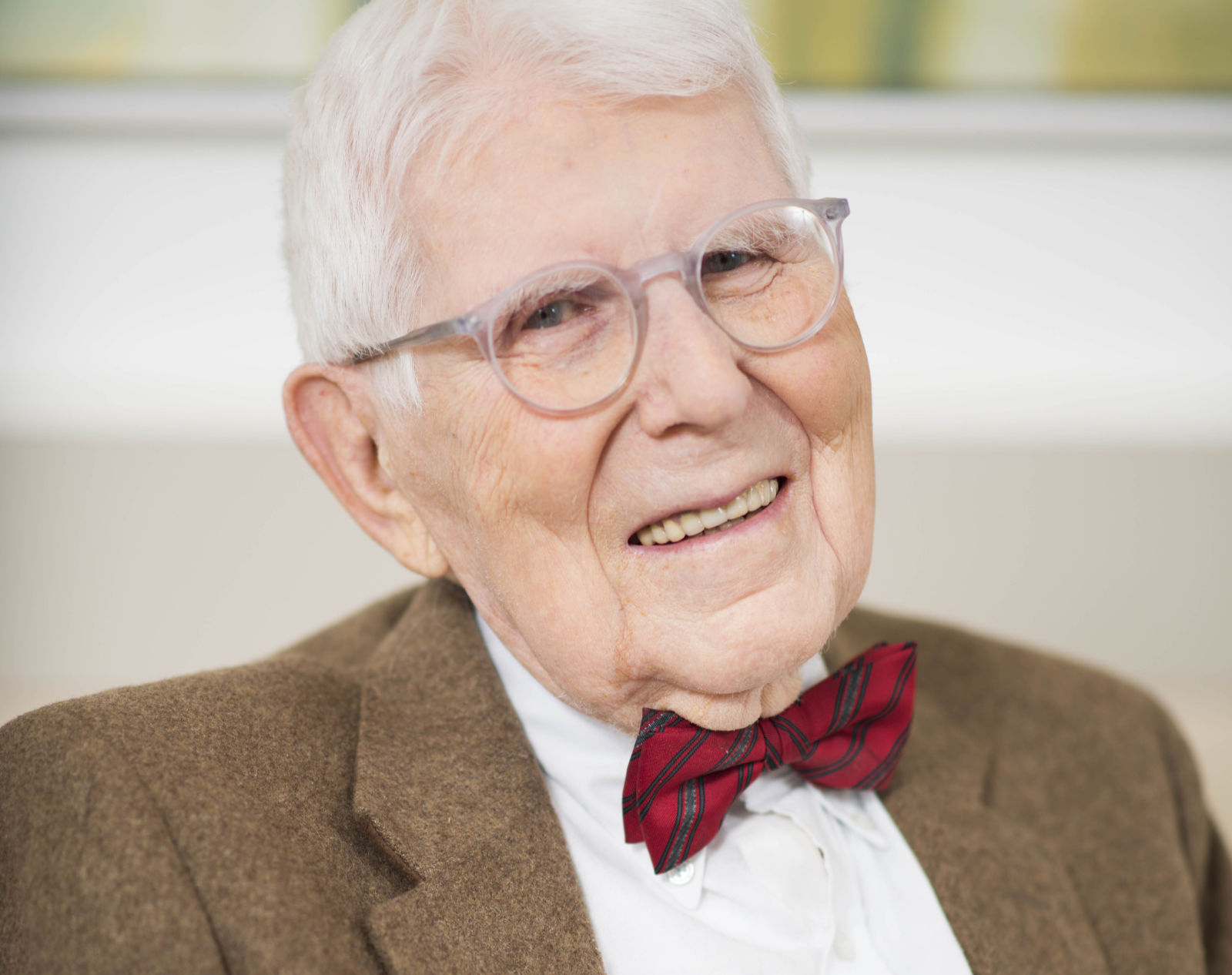Every now and again, a person comes along who has such a profound impact on their own little corner of the world that their influence extends far and wide, even if those whose lives they touch have little or no awareness of who that person is. Aaron Temkin Beck (1921-2021) was one such person.
Beck was a psychiatrist and psychotherapist who is best known as the founder of cognitive therapy, the dominant model within the field of Cognitive Behavioural Therapy (CBT). In terms of people having an impact on the psychological care of those experiencing difficulties with their emotional wellbeing, since the modern psychotherapeutic tradition began with the work of Sigmund Freud, Beck has arguably had more influence upon it than anyone else.
Beck’s achievements are twofold. Firstly, along with Albert Ellis, he pioneered the cognitive approach to psychotherapy. Essentially, this is the idea whilst events happen around us, our emotional and behavioural responses to those events are largely shaped by our own thoughts. Events do not cause us to feel or do anything on their own. Our minds intervene and impose meaning on those events, and that intervention shapes how we respond. Whilst people are apt to say, “You make me angry!”, from the perspective of a cognitive model, it might be more accurate to say, “I am making myself angry about what you have done”. Few people say this of course, mostly because blaming other people is easier and it means we don’t have to face up to our own emotional responsibility. CBT encourages people to take responsibility for their responses and helps bring a realisation that we are not passive recipients of the world around us, but rather active agents with the power to make our own decisions. Whilst one can find the roots of this idea back in Stoic philosophy, Beck and Ellis brought it into the mainstream of psychotherapy, laying the foundations for a structured form of talking therapy that is the most widely practiced and best evidenced as things currently stand.
The question of evidence for the efficacy of psychotherapy speaks to the second of Beck’s achievements. He was a scientist with a passion for empiricism. Interestingly, cognitive therapy was born out of Beck’s desire to use the techniques of modern scientific enquiry to prove the theories of Freudian psychoanalysis. In the 1950s he set out to analyse the dreams of people diagnosed with depression in order to prove that Freud was right about repression and other defence mechanisms. Unfortunately, for Freud’s theories, Beck didn’t find the evidence he was looking for. Fortunately for modern day mental health care, he discovered that the thoughts people had about themselves, the world and the future were central to their experience of depression. He then embarked on a different path, whereby he put the identification and scrutiny of thoughts at the centre of therapy, all the while measuring and testing the efficacy of his interventions. He is almost single-handedly responsible for the movement toward evidence-based psychological interventions which has characterised mental health care in the latter part of the 20th century and beyond. An interesting footnote to that is that Beck was denied membership of the American Psychoanalytic Association on the grounds that his ‘obsession with scientific method’ was evidence that in the psychoanalysis that he had received as a ‘patient’ he had been not been properly analysed. I doubt he lost much sleep over it.
Beck’s legacy is not without its critics. There are those who don’t like his diagnosis-driven approach to human suffering, with many arguing that distress is not something that can be reliably medicalised. The structured and manualised nature of CBT, whilst it makes it much easier to standardise and research, is not to everyone’s tastes. And there is of course the elephant in the room, in that Beck is yet another white middle-class male from a Western industrialised nation, and that his theories and techniques do not always have cross-cultural appeal, relevance or efficacy. That said, scientific progress is ever-evolving, and the field of psychotherapy is, and will continue, to address these concerns as more and more research is conducted. I am not wholly on board with everything Beck ever said or did, yet I would much rather have a world with his work and his legacy in it.
I have a position at the University of Birmingham, UK training therapists in CBT to work in the National Health Service. They are trained to a rigorous standard to provide evidence-based interventions to people who are struggling with their psychological wellbeing, and those interventions are provided free at the point of delivery as part of the Improving Access to Psychological Interventions (IAPT) initiative. It is a great humanitarian project. My job, the jobs of the thousands of therapists that the IAPT project has funded, and the millions of hours of therapy it has delivered would not exist without Beck. When my students graduate each year, I ask them to imagine a room big enough to hold all the people whose lives they have touched, either directly or indirectly, in the time they have spent completing their training. I wonder how big Beck’s room would need to be?
Main Image: Aaron T. Beck, spring 2016

























